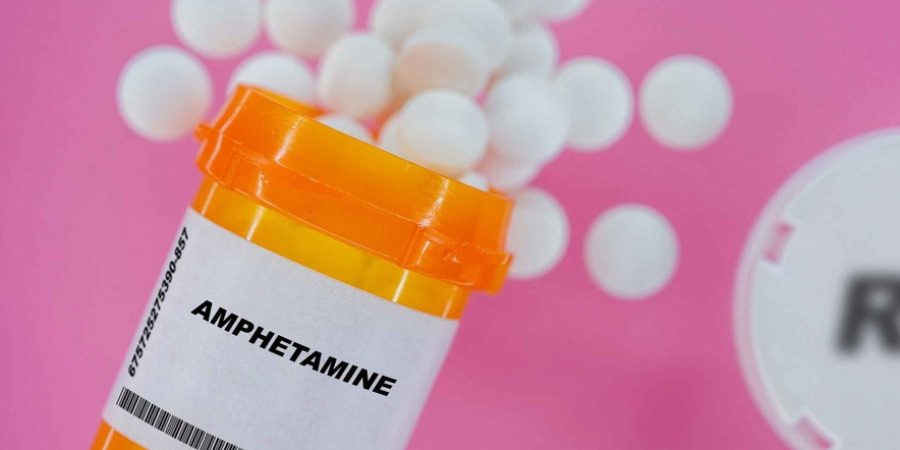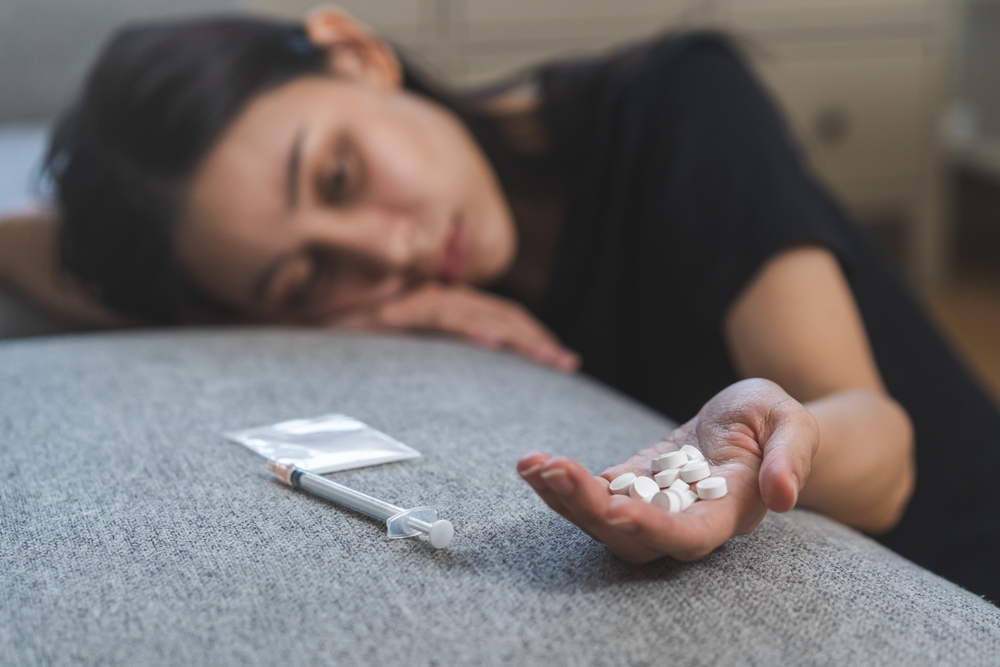Last Updated:
May 29th, 2025
Antidepressants Detox | Withdrawal Process
You’ve relied on antidepressants to manage your mental health, but now the time has come to stop taking them. What happens next? Will you experience withdrawal? This page explains what to expect during antidepressant detox and how to navigate the process smoothly.

What is drug withdrawal?
Drug withdrawal refers to the physical and psychological symptoms that occur when someone dependent on a substance suddenly stops or reduces their use. This happens because the body and brain have adapted to the drug, altering neurotransmitter levels and bodily functions. When the drug is removed, the system struggles to regain balance, leading to withdrawal symptoms such as:
- Sweating, nausea and muscle aches
- Increased heart rate or high blood pressure
- Restlessness, sleep issues and appetite changes
- Anxiety, depression and intense cravings
Of course, the severity and duration of withdrawal depend on the drug in question and how long you’ve been taking it.
Will I withdraw from antidepressants?
If you’ve been taking antidepressants for a long time, stopping them suddenly or even tapering too quickly can lead to withdrawal symptoms. This is sometimes referred to as antidepressant discontinuation syndrome and while it can be uncomfortable, it’s not as intense as withdrawal from harder drugs like heroin or cocaine. That said, your body does need time to adjust when the medication is reduced or stopped.
The severity of withdrawal symptoms can depend on the specific antidepressant, how long you’ve been taking it and how quickly you taper. Some medications, particularly those with shorter half-lives like paroxetine (Paxil, Pexeva), tend to cause more pronounced withdrawal symptoms, whereas others, like fluoxetine (Prozac), may cause milder symptoms due to their longer-lasting effects in the body.
- Physical withdrawal symptoms can include:
- Dizziness or feeling lightheaded
- Nausea or stomach discomfort
- Flu-like symptoms (aches, chills, sweating)
- Headaches
- Electric shock sensations (‘brain zaps’)
- Trouble sleeping or vivid dreams
Most of these symptoms are common across different antidepressants, but paroxetine and sertraline (Zoloft) are more likely to cause intense dizziness and flu-like symptoms, while citalopram (Celexa) and escitalopram (Lexapro) may have stronger effects on sleep, causing vivid dreams or night sweats.
Fluoxetine, due to its longer half-life, may cause delayed withdrawal symptoms that appear days or even weeks after stopping.
These symptoms tend to be short-lived and ease as your body adapts, but they can still catch you off guard if you weren’t expecting them. Rather than stopping suddenly, Gradual tapering can help make withdrawal more manageable.
The psychological side of antidepressant withdrawal
While the physical symptoms can be unpleasant, the psychological aspect of withdrawal often presents the biggest challenge. Antidepressants help regulate brain chemistry, and when they’re reduced, you may feel a sudden dip in mood, increased anxiety or even a sense of emotional numbness.
For some, it can be daunting to fathom what life would be like without the medication. A few scenarios where psychological factors might come into play include:
- “What if my depression comes back?”
You’ve relied on antidepressants for a long time, and the idea of not having that safety net can be daunting. Even if your doctor says you’re ready to taper off, there’s always that worry about symptoms creeping back.
- “What if I don’t feel like myself?”
Some people experience an odd sense of detachment during withdrawal, making them wonder if they’ll ever feel ‘normal’ again.
- “What if I’ve forgotten how to cope?”
If antidepressants have been a constant for years, you might worry about handling stress, social situations, or even just getting through tough days without them.
These concerns are completely valid and are why support during withdrawal is so important.
Should I detox from antidepressants at a rehab centre?
The idea of detoxing from antidepressants at a rehab centre might not be the first thing that comes to mind. Unlike substances like alcohol or opioids, antidepressants don’t create the same physical dependence but that doesn’t mean withdrawal is easy. In fact, many people find that tapering off antidepressants can be unpredictable, with both physical and psychological symptoms emerging at different times. Having professional support through this process can make all the difference.
Here’s what the antidepressant withdrawal timeline can look like, along with how a rehab programme can help at each stage.
The first few days
If you’ve stopped taking antidepressants or started tapering, the first couple of days might feel manageable. Some people notice dizziness, nausea or headaches, while others feel fine at first, only for symptoms to creep in later.

Days 3-7
For most people, withdrawal symptoms hit hardest around this time. You might experience flu-like symptoms, trouble sleeping, mood swings and brain zaps (a strange, electric shock-like sensation in the head). Anxiety and irritability can also become more noticeable.
Week 2
By the second week, physical symptoms tend to ease, but for many, the emotional side of withdrawal becomes more pronounced. You might feel low, anxious or even detached from your surroundings. These feelings can make you second-guess whether coming off antidepressants is the right choice.
Weeks 3-4
By the third or fourth week, your brain is adjusting to functioning without antidepressants. For some, this means feeling much better, while others may still have lingering symptoms like mild anxiety or difficulty concentrating. This stage is crucial because it’s when the risk of relapse, returning to medication out of frustration or fear, can be high.
What are the next steps?
Coming off antidepressants can feel overwhelming, but you don’t have to go through it alone. Addiction Helper can provide expert guidance to ensure your withdrawal is as smooth and comfortable as possible. Whether you need advice on tapering safely or professional support through a structured detox programme, we’re here to help. Speak to one of our compassionate advisors today to explore your options and take the next step towards a confident, supported transition. Call us now for free, confidential advice.
Our compassionate team are ready and available to take your call, and guide you towards lasting the lasting addiction recovery you deserve.

